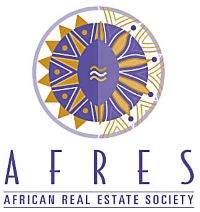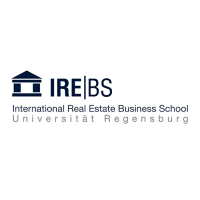Emotional Intelligence and its Application to Real Estate Service Quality: A Knowledge Gap Analysis
Keywords:
consumers satisfaction, emotional intelligence, knowledge gap model, service quality, real estateAbstract
The demand for quality of service among practicing firms of real estate to achieving customers’ satisfaction has become the major concern of real estate professional bodies. However, customers’ satisfaction is influenced by their emotional needs in decision making. Therefore, this study develops a conceptualized model for measuring service quality among practicing firms of real estate with the application of emotional intelligence. To assess customers’ satisfaction level, the knowledge gap between perception of real estate firms on expectation of customers and the actual customers’ expected service in the Lagos property market in Nigeria were analyzed. A random selection of 100 members of Nigerian Estate Surveyors and Valuers with a total of 400 real estate customers was purposively selected and administered with a structured questionnaire, However, only 85 retrieved questionnaires from real estate firms and a total of 362 real estate customers responded and utilized for analyzing the data. Knowledge gap analysis model with weighted mean score was employed for data analysis. Findings depicted that real estate firms have a basic knowledge barrier on the adoption of emotional intelligence (with more emphasis on self-awareness and social skills determinants) as an instrument of real estate service quality to satisfy customers’ emotional needs in delivery of service among the practitioners. Therefore, practitioners in the real estate firms need to improve on their knowledge of emotional intelligence as an instrument of real estate service quality to enhance customers’ satisfaction on emotional needs.
Downloads
Downloads
Published
How to Cite
Issue
Section
License
Copyright (c) 2022 David Oluwatofunmi AKINWAMIDE, Jonas Hahn

This work is licensed under a Creative Commons Attribution 4.0 International License.




